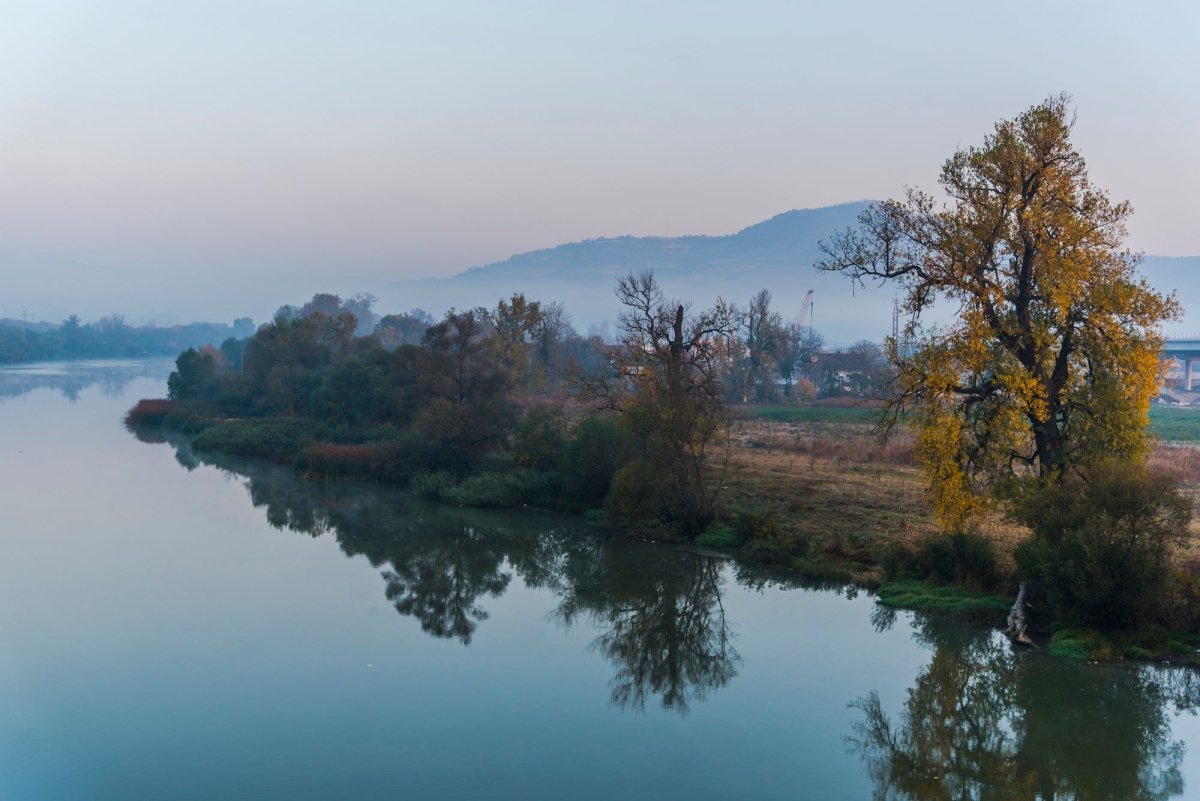Anyone who has ever woken up early to set out on a boat will agree that there are few sights as beautiful as sunrise over a lake teeming with fish. Whether casting a line in the beginning of April or the last week in October, early mornings on a busy lake or river can be thrilling, serene, and, at times, downright cold.
Fishing in the cold can be challenging. You can equip your tacklebox with the most sophisticated gear and the best bait, but laying in wait, for even the most seasoned fisherman, can become unbearable the minute fingertips grow numb and toes start to ache. Here are our tips for how to stay warm while fishing, no matter where you like to cast your line.
Is It Ever Too Cold to Fish?
Fishing in the cold is not for everyone. Even the most experienced fisherman will avoid their favorite fishing spot if the mercury in the thermometer dips a little too low. And there are a handful of reasons for that.
For one, fishing in the winter can be dangerous. The most boat fatalities occur in January and February, and anglers, no matter their level of experience, are susceptible to the dangers of cold water.
The second reason boils down to ethics. Some anglers argue that it’s unethical to disrupt fish at the critical part of their life cycle that occurs in the colder months and instead, fishing should take place during the fish’s spawning season.
And third, fishing in the cold, particularly after a cold front, can create downright horrible fishing conditions. Fish are lethargic post-cold front, avoiding the brightest, clearest spots of the lake which can make it difficult for fishermen. Additionally, the weather can be harder to predict when it grows colder outside, making winter or late fall fishing more touch-and-go.
Advantages of Cold Weather Fishing
In spite of some of the challenges of cold weather fishing, there are advantages as well. Fish are cold blooded which means they rely on their environment to regulate their body temperature. In warm temperatures, fish become more active and hungrier, i.e. easier to fish. In cold temperatures, or even high heat, fish become more inactive and less responsive to food stimuli like a fishing lure.
While this might seem like a disadvantage, this cold-blooded tendency can work in an angler’s favor. Fish tend to group up when the weather gets too cold or too hot, creating more saturated areas throughout the lake or river. Before setting out for the day, check with your state’s Department of Natural Resources to see where the fish typically bite in the fall and winter.
On the topic of predictability, the tide also becomes a fisherman’s best friend in cold weather. When the tide goes out, areas like sandbars and grass flats warm up in the sun. When the tide rolls in, these areas become warming spots for fish in a chilly lake and a reliable place for fishermen to place their line.
3 Tips for Success When Fishing in the Cold
If fishing in the cold is something that sounds interesting to you, or you’re already familiar with the practice, we've got some tips you can try the next time you cast in a cold river or lake.
1. Use the Right Bait
Cold weather fishing and warm weather fishing can be drastically different in a lot of ways, but they can also be eerily similar. As we’ve mentioned, fish act similarly in cold weather as they do in hot weather: more lethargic and not as hungry. To conquer cold weather fishing, it’s always best to use bait that is going to entice a lazy fish, such as live bait or a lure with feathers.
2. Find the Right Fishing Gear for Cold Weather
Just as it's important to plan your fishing session around the patterns of the fish in your area, it’s also important to plan accordingly for your time on the lake with the right gear. Packing the right lure and bait is a great place to start, but you can take your cold weather fishing expedition further with additions like a small, portable heater, a thermos of something warm, and water-resistant clothing.
Anglers rely heavily on their hands which makes it doubly important to protect them during a morning out on a chilly lake. We recommend a pair of heated gloves or glove liners to keep your hands warm while you wait for the fish to bite.
Each one of Gobi’s heated gloves come equipped with heat sources around the fingertips powered by a small battery. Gobi’s gloves are water and wind resistant and can be set to low, medium, or high, making them the most dynamic option in cold weather fishing gear.
If you practice catch and release, you may want to avoid handling the fish with gloved hands before placing it back in the water. In which case, fishermen can add Gobi’s heated beanie to their cold weather fishing gear collection or warm up with a heated baselayer or jacket.
3. Pick the Right Location & Watch the Weather
Fishing gear for cold weather is a great way to stay warm on a boat, lake, or your favorite spot on land, but anglers who venture out in the cold have the most success when they pay close attention to the weather and strategically pick their location. Yes, this advice applies to fishing in any condition, but watching the weather goes beyond when the fish in your area will be biting, it keeps fishermen safe.
If you’re ready to break out the cold weather fishing gear the first time you see frost on the ground, try to limit your fishing season to September and October when water and weather conditions heat up as the sun comes up. This will keep you safe from frigid temperatures in the water and the fish active throughout the day. Happy fishing!


